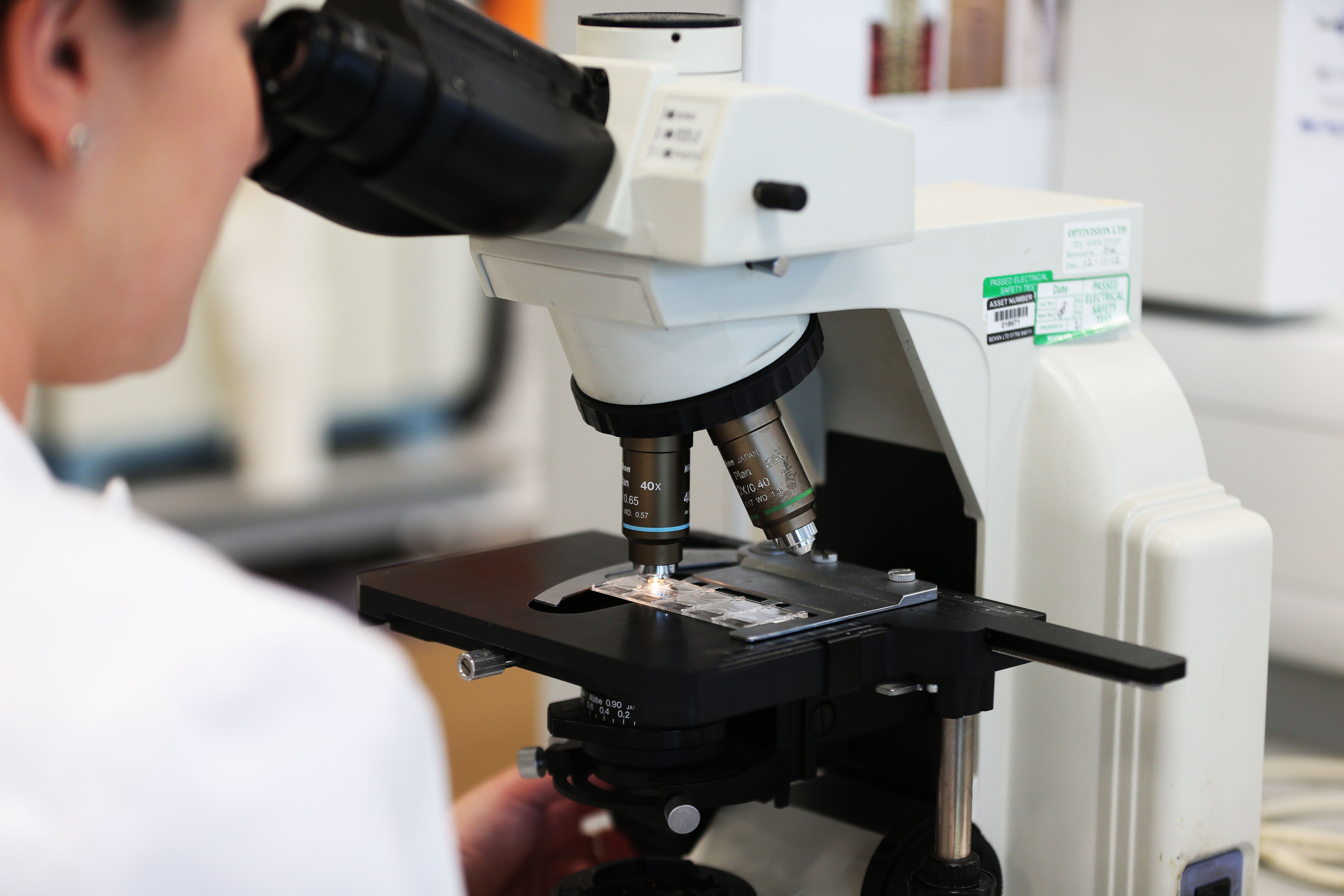People with specific gene mutations ‘less likely to have children’
It could mean men and women with the mutation are less likely to have babies together, researchers suggest.

People who carry mutations in specific genes, particularly men, are more likely to be childless, new research has suggested.
A new study indicates that one way natural selection is removing damaging genetic variants from the population is through increased childlessness.
This is likely linked to cognitive and behavioural traits, and could mean men and women with the mutation are less likely to have babies together, researchers suggest.
We have shown that people with damaged genomes, particularly men, are slightly more likely to be childless
However, they highlight that the genetic association with childlessness cannot be used to predict who will or will not remain childless, as it explains less than 1% of the overall likelihood of childlessness.
Dr Eugene Gardner, first author previously from the Wellcome Sanger Institute, now based at the MRC Epidemiology Unit at the University of Cambridge, said: “It’s important to emphasise that we have not found a ‘gene for childlessness’, as that implies a strong, causal effect of genetic variation on whether or not someone will have children.
“Instead, we have shown that people with damaged genomes, particularly men, are slightly more likely to be childless.
“This is probably due to the effect of damaging genetic variants on cognitive and behavioural traits, which make these men less likely to find a partner to have children with.
“Similarly, we cannot use these results to predict whether or not these damaging genetic variants will be linked with childlessness, as both genetics and the environment influence our behaviour, cognitive abilities and personalities.”
The study found the genetic link may play a very minor role in the overall likelihood of being childless when compared to more influential factors such as age and income and choice.
Despite the small effect, researchers suggest these genetic variants may influence how genes evolve over time.
While 99.9% of the DNA in our genome is identical between any two humans, there are small differences known as genetic variants.
They arise through the process of mutation and each child will have a small number of changes in their genome that are different from their biological mother and father.
Sometimes genetic variants can cause damage to the genome and can lead to diseases or disabilities.
These damaging genetic variants are changes in a person’s DNA.
Some of these damaging genetic variants can lead to neurodevelopmental disorders like ADHD and autism.
In this new study, researchers at the Wellcome Sanger Institute and their collaborators used data from more than 340,000 UK Biobank participants.
They looked at whether damaging genetic variants were associated with lower reproductive success by calculating how much damaging genetic variation each person carried – known as their genetic burden.
The researchers tested whether genetic burden was associated with the number of children the study participants had.
They found it was associated with men with the highest genetic burden having an average 0.26 fewer children – but this was not seen in women.
The researchers also found that increasing genetic burden was associated with a higher chance of being childless in both men and women, but much more so in men.
They further found that it was not associated with infertility.
However, the researchers did find that both men and women with a higher genetic burden were more likely to have mental health disorders, were less likely to have a university degree and were more likely to have lower household income.
Professor Matthew Hurles, lead author and head of human genetics at the Wellcome Sanger Institute, said: “Involuntary childlessness and an inability to find a partner can have profound psychological effects.
“We hope that our study will motivate more studies exploring the factors influencing childlessness, especially in men, which has been relatively under-studied compared to female childlessness, and more studies of the relationships between childlessness and mental health.”
The findings are published in Nature.